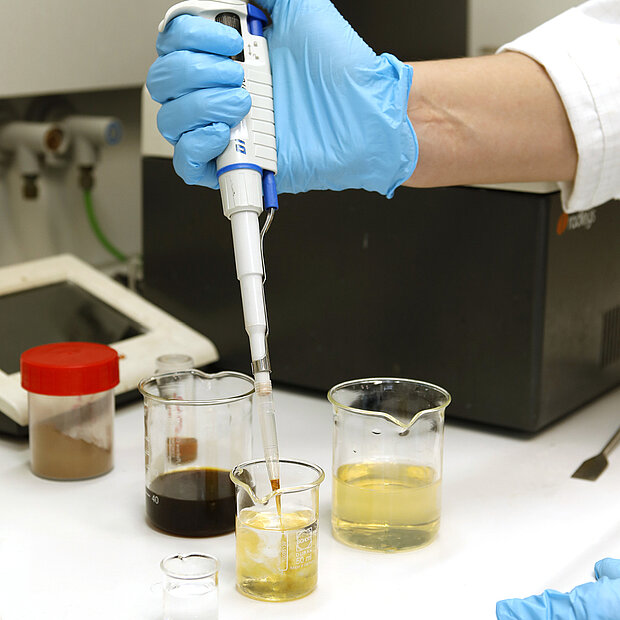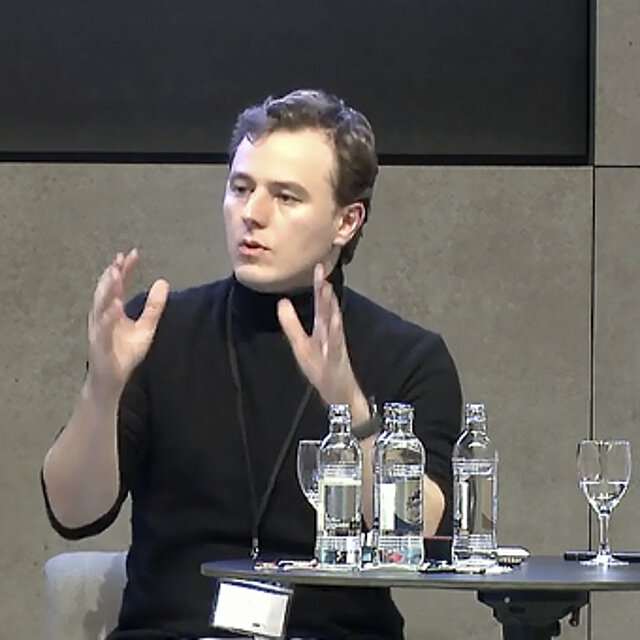How we contribute to science and innovation
 Circular Economy
Circular Economy
The pressing need to transition to a circular economy stems from the unsustainable linear model of production and consumption currently in place, which results in excessive waste generation, resource depletion, and environmental degradation. Transitioning to a circular economy is crucial for addressing global challenges. Research plays pivotal roles in transforming waste into sustainable solutions, thereby mitigating the adverse effects of resource depletion and pollution.

RECOVERING, RECYCLING, REMANUFACTURING
Top Story
The global shift towards a bioeconomy gains momentum as research in green chemistry and bio-based materials burgeons. At LIST, experts delved into innovative methods to harness waste materials for sustainable product development. Pioneering approaches included utilizing lignin and cellulose derivatives to reinforce polymers, and exploring vitrimers for recyclable composites. Collaborative efforts ensured interdisciplinary synergy, propelling forward impactful solutions. However, experts cautioned that sustainability demands holistic evaluation beyond mere bio-based utilization, emphasizing the importance of green chemistry principles in achieving truly eco-friendly outcomes.
Read more about this story.



